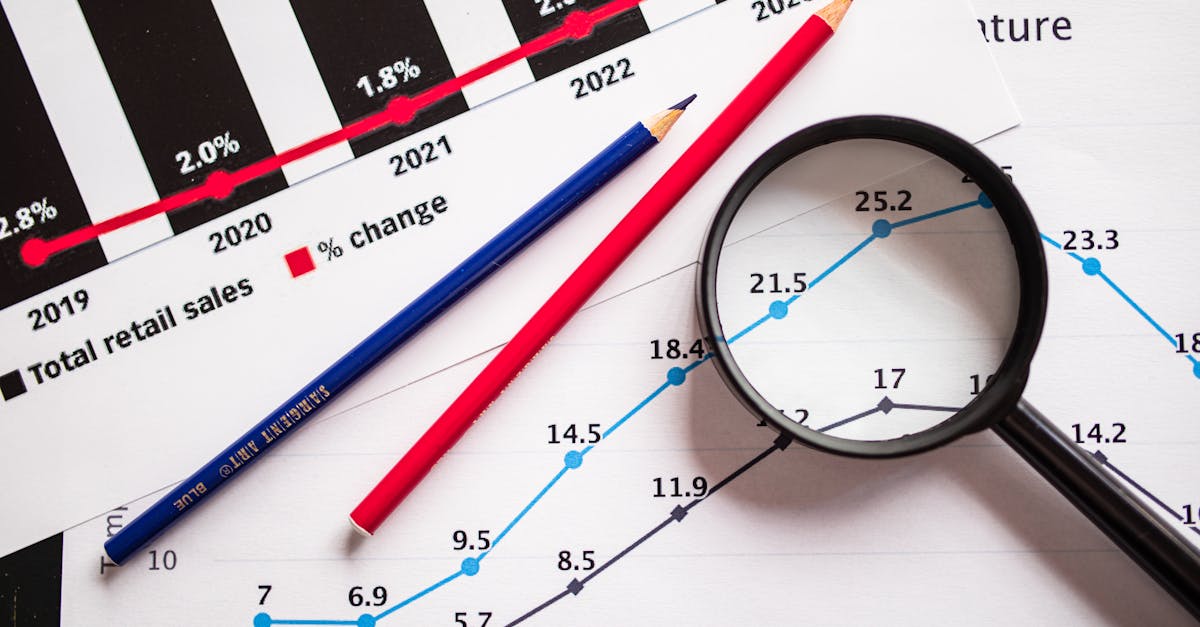How AI is Transforming Fashion in 2024
Introduction
The fashion industry is witnessing a digital transformation where artificial intelligence is playing a pivotal role. From smart textiles to personalized shopping experiences, AI has become integral to innovation in fashion. As we navigate through 2024, the impact of AI in revolutionizing fashion trends continues to grow.
Advertisement
AI-Powered Design
Designers are leveraging AI algorithms to generate innovative designs, tapping into vast amounts of historical data and current trends. AI tools analyze color, pattern, and fabric preferences across demographics, providing insights that fuel creativity. This fusion of technology and artistry is introducing fresh perspectives and novel creations in fashion design.
Advertisement
Personalized Shopping Experience
Consumers today expect a tailored shopping journey, and AI makes it possible to deliver personalized recommendations. With predictive analytics and machine learning, AI systems offer style suggestions based on past purchases and browsing behavior. This individualized experience enhances customer satisfaction and loyalty.
Advertisement
Sustainability and Production
AI is driving sustainability in fashion by optimizing production processes and reducing waste. Through AI, brands can accurately predict demand, minimizing overproduction and unsold inventory. Furthermore, AI technologies are aiding in designing eco-friendly materials and ensuring ethical supply chain management.
Advertisement
Virtual and Augmented Reality
Virtual and augmented reality powered by AI provides immersive shopping experiences, allowing consumers to "try on" clothes virtually. This technology reduces returns, offering customers a better understanding of fit and style from the comfort of their homes. It's reshaping how consumers interact with fashion brands online.
Advertisement
Supply Chain Management
AI is streamlining supply chain operations, providing real-time data for efficient inventory management. By identifying potential disruptions, AI algorithms enable brands to make proactive decisions. This not only ensures product availability but also enhances the overall customer experience by reducing delays.
Advertisement
Trend Forecasting
Fashion trends are notoriously hard to predict, but AI is making it easier by analyzing data from various sources, including social media. AI tools can spot emerging trends, giving fashion brands a competitive edge. This ability to adapt quickly to changing tastes is crucial for staying relevant in the fast-paced fashion industry.
Advertisement
AI in Fashion Retail
Retailers are harnessing AI to enhance customer service through chatbots that provide instant assistance and answer queries. These AI-driven tools help in managing customer relationships efficiently, ensuring retail staff can focus on more complex tasks. Enhanced service leads to increased satisfaction and repeat business.
Advertisement
Ethical Considerations
While AI offers transformative potential in fashion, it raises ethical questions about job displacement and data privacy. It's essential for industry leaders to address these concerns by implementing fair AI policies and maintaining transparency. Responsible AI usage is critical to ensuring technology serves both business and consumer interests.
Advertisement
Conclusion
In 2024, AI is revolutionizing the fashion industry, driving innovation, and enhancing sustainability. From personalization to virtual experiences, its influence is profound. As AI continues to evolve, the fashion world stands on the brink of endless possibilities that promise to redefine how we create, consume, and experience fashion.
Advertisement
